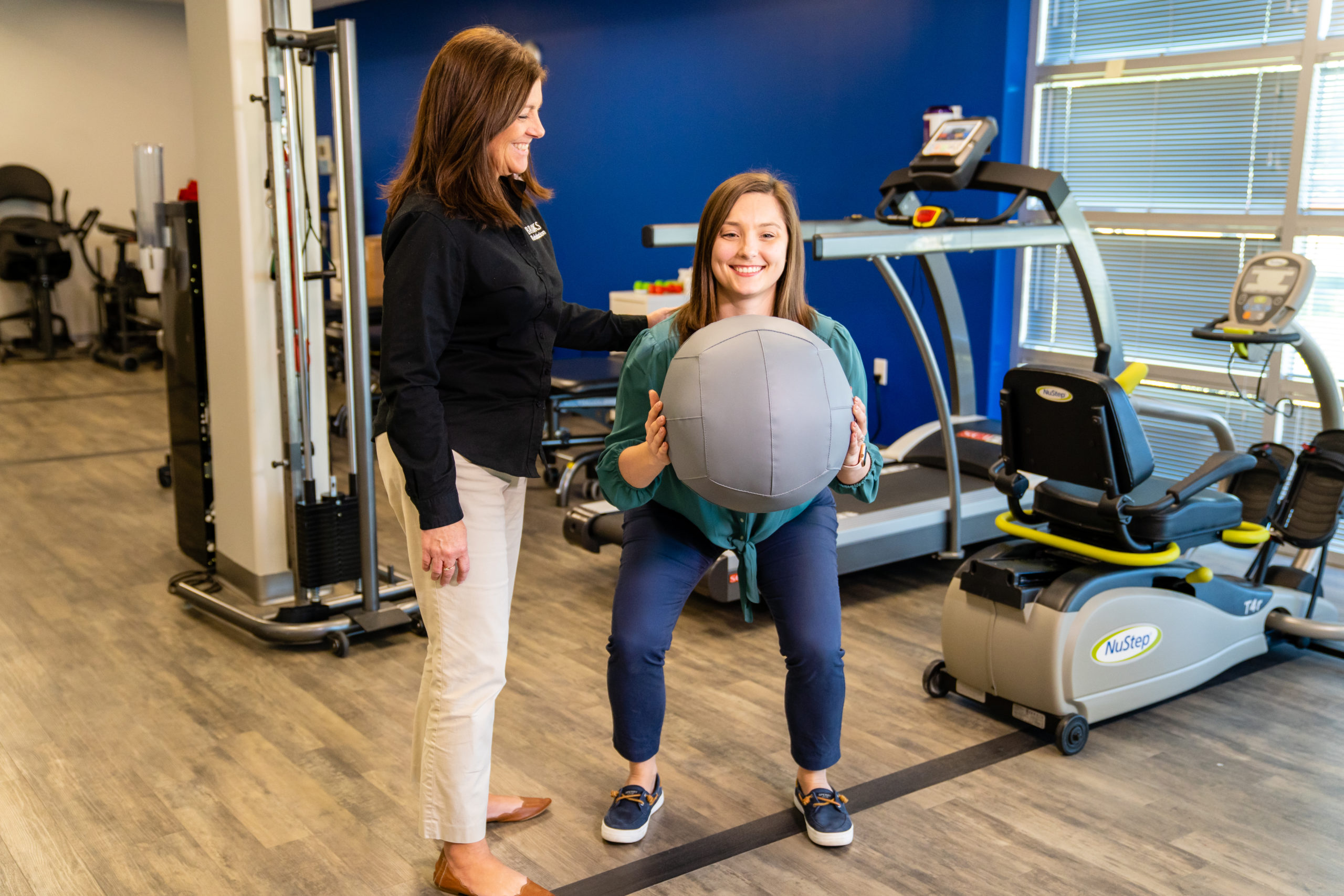How can individuals undergoing cancer treatment stay active during self isolation?

Back to physical health resource hub
Cancer treatments can be tough to tolerate and can zap your energy. Social distancing and practicing “safer at home” protocols can make it even easier to give into the fatigue from cancer treatments and become sedentary. Many research studies have cited that exercise is one of the best ways to combat fatigue and deconditioning during chemotherapy and radiation treatment is exercise.
The American College of Sport Medicine (ACSM) recommends that individuals going through cancer treatments should aim for 150 minutes per week of moderate intensity activity. That may sound like a lot, but when you break it down it is manageable. Some people like to do three 50-minute sessions per week, while others may prefer 20 minutes a day, every day. There may be times during your treatment that getting five minutes of activity in one sitting is considered a victory. The ACSM states that if individuals undergoing cancer treatments are unable to meet the 150-minute a week goal, then they should be as active as they can.
Now that we know how much activity we should aim for, what does moderate intensity mean? This is different for everyone. For some, this will mean going for a walk around the neighborhood at a moderate pace. For others, it may be taking a shower, getting dressed or cooking a meal. The idea is that you want to get your heart rate up and get your muscles moving.
You should not feel so out of breath during an activity that you cannot carry on a conversation, but it should not be so easy that you do not feel challenged. If something that used to take you 15 minutes to complete now takes you two hours, that’s okay. Make a goal for something you want to complete each day such as exercise or a household chore. Give yourself extra time. You may need to take rest breaks or break an activity up into small manageable pieces.
Most importantly find something that motivates you. This could be gardening, putting away your groceries, sweeping the floors or doing yoga. Be mindful to set realistic expectations so you avoid becoming overwhelmed. Give yourself grace and realize that you are going through a unique experience – stay strong, stay determined, stay active.
Please refer to the Borg Scale Oncology Guidelines for exercise exertion recommendations.


